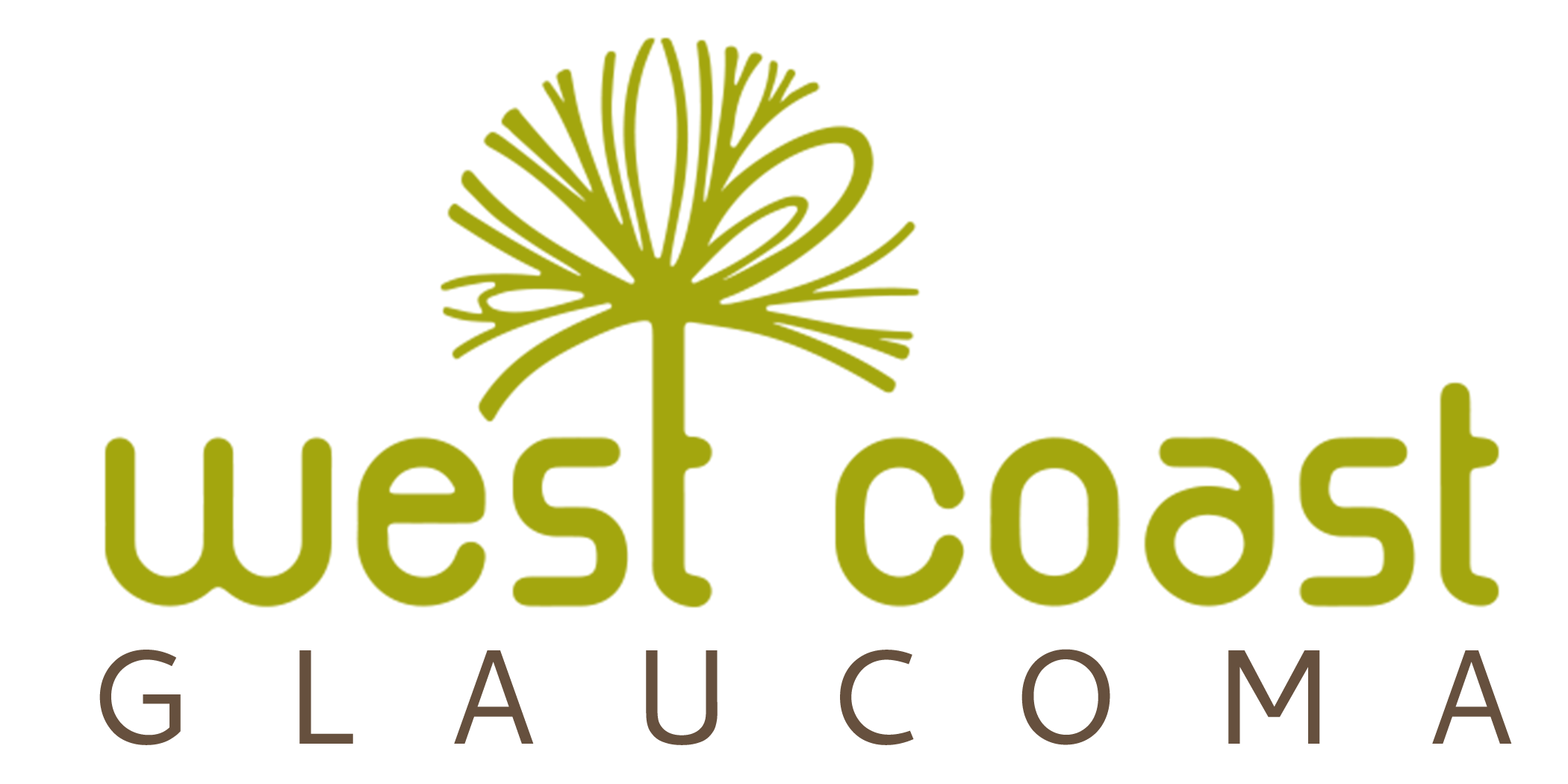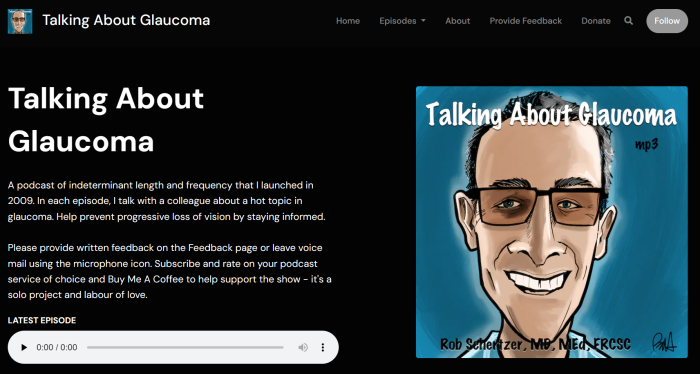Age-related macular degeneration (AMD) is a deterioration or breakdown of the macula. The macula is a small area at the center of the retina in the back of the eye that allows us to see fine details clearly and perform activities such as reading and driving. In exudative or “wet” AMD, abnormal blood vessels can grow in a layer beneath the retina, leaking fluid and blood and creating distortion or a large blind spot in the center of your vision.
Photodynamic therapy (PDT)—an outpatient procedure involving the use of a special light-activated drug—is used to treat some patients with wet AMD. PDT causes fewer visual side effects than other treatments. The benefit of PDT is that it inhibits abnormal blood vessel leakage associated with wet macular degeneration, limiting damage to the overlying retina.
With PDT, the inactive form of the drug is usually injected into a vein in the arm, where it travels to and accumulates in abnormal blood vessels under the center of the macula. A special low-intensity laser light targeted at the retina activates the drug only in the affected area, damaging the abnormal blood vessels under the retina and leaving normal blood vessels intact.
Patients who are treated with PDT will become temporarily extra sensitive to bright light (photosensitive). Care should be taken to avoid exposure of the skin or eyes to direct sunlight or bright indoor light for several days.
PDT therapy is not effective for treatment of atrophic or “dry” AMD, which is caused by aging and thinning of the tissues of the macula. Although photodynamic therapy can preserve vision for many people, it may not stop vision loss in all patients. The abnormal blood vessels may regrow or begin to leak again. Every three months, patients must undergo a repeat examination that includes a fluorescein angiogram dye test. Multiple PDT treatments sometimes are necessary.
(c) 2007 The American Academy of Ophthalmology


